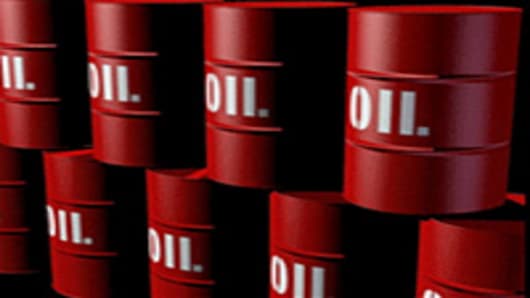The Asia region is expected to drive demand for oil over the course of the year, according to the latest International Energy Agency report.
Asia, along with other emerging markets, will be the driver for demand which is likely to be subdued in the developed world as a result of soaring prices and poorer macro-economics, the report said.
Overall, the global oil demand growth forecast was left unchanged by the IEA.
The report states that of the total projected global expansion, Asian demand will comprise around 80 percent.
Brent crude rose to an 11-month high of $126.22 a barrel on Tuesday.
Tensions between Iranand Western countries over Iran's nuclear program have led to heightened rhetoric and sanctions and have resulted in higher oil prices.
Maria van der Hoeven, executive director, IEA, told CNBC that there had been some tightening in oil demand.
“In the past few months, in some non-OPEC countries there were problems with supply and that has led to less oil on the market from these countries,” van der Hoeven said.
She added that the opacity of the Iranian question was a key factor affecting the oil market, but OPEC countries and Saudi Arabia in particular had increased their oil supply to counter the effects of geo-political risks and lower output from non-OPEC members.
She said that 2012 would be “a rocky road ahead” for the oil market because of the continuing uncertainty.
Neil Atkinson told CNBC.com that there had been an expectation that the IEA might have cut its estimate for demand for oil.
“It’s been the trend that they have consistently reduced their estimates for demand and that had been the expectation again so it’s a positive that it remains unchanged,” Atkinson said.
He added that Iran remained an “immediate threat” for 2012. Without it lurking in the background it would be a benign market.
“It’s an ongoing situation, with the continued speculation of an Israeli attack and the potential conspiracy theory that the Iranians enjoy messing with the U.S. elections.
And the tension feeds into higher gasoline prices in the States and affects domestic politics there,” Atkinson said.


